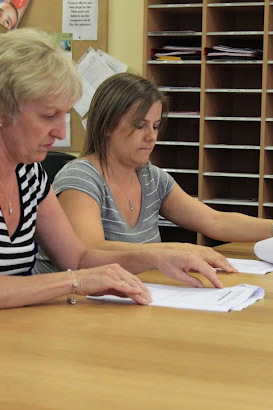
Why do we need to bother with assessment with pupils with complex learning difficulties?

There is a popular saying that 'weighing the pig doesn't
make it any fatter'. I can still recall a school inspector some years ago repeating this to me, rather sternly, when I said
that I thought we should be making more thorough assessments of children with learning difficulties. Times have changed, and
rigorous and frequent assessments have become routine, perhaps too much so, in the English education system.
Ann Lewis, 2001
What do you think? Do you think that too much recording can interfere with teaching? When and why might this be the case? What kind of assessment is needed when teaching children with learning difficulties?

There is no prescription about what assessment records teachers should keep. Each school decides their own policy and practice. Your decision about the kinds of records you keep will be based on how useful you and other staff, including governors and managers, find them. However, effective assessment of progress and understanding within activities, or a reasonable sample of them, ensures you can adapt your teaching straight away to the needs of your pupils.
There is an expectation that teachers monitor pupils’ progress carefully during lessons and wherever possible involve children in this process. You can use this information not only to gauge attainment but also to monitor progress over time, to reorganise and redirect activities if necessary, and to adjust the pace of learning to suit each individual.

Lewis, A. (2001) In Enabling Access: Effective Teaching and Learning for Pupils with Learning Difficulties. By Carpenter, B., Ashdown, R. And Bovair, K. (Eds) London: David Fulton Publishers